Blog Posts Tagged Acoustics Module
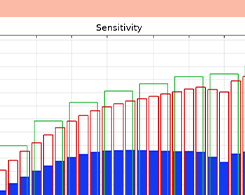
The Octave Band Plot for Acoustics Simulation
The Octave Band plot provides an easy and flexible way to represent any frequency response, transfer function, sensitivity curve, transmission loss, or insertion loss in your acoustics analyses.
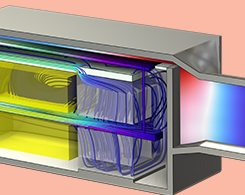
Modeling Speaker Drivers: Which Coupling Feature to Use
Explore how to model 4 different speaker drivers, including moving-coil transducers, balanced armature receivers, piezoelectric drivers, and electrostatic drivers.
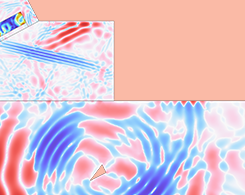
Modeling Piezoelectricity Using the Discontinuous Galerkin Method
COMSOL Multiphysics® version 6.0 introduced a feature for modeling piezoelectric devices that is more convenient than alternative methods. Here’s how to use it in your models.
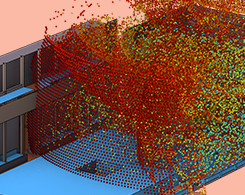
Validating an Acoustic Ray Tracing Simulation of a Chamber Music Hall
The well-known Konzerthaus Berlin theater boasts 3 separate halls: The Grand Hall, the Small Hall, and the modern Werner Otto Hall. Here, we explore the acoustics of the Small Hall with simulation.
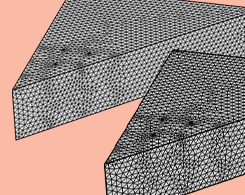
Characterizing Piezoelectric Sensors for Nondestructive Testing
Piezoelectric sensors must be carefully designed and calibrated. Simulation can help make this process more efficient…
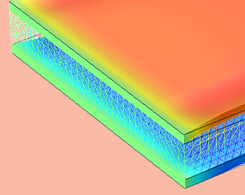
Modeling Piezoelectricity: Which Module to Use?
Acoustics Module, MEMS Module, Structural Mechanics Module: Which one should you use for your piezoelectric device modeling? Get a comprehensive overview of your options here.
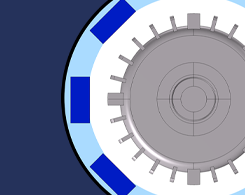
Designing the Sound Absorption of Microlattice Structures
Using numerical simulation, you can design microlattice structures with sound-absorbing properties, and then print them via additive manufacturing without traditional manufacturing constraints.

Micromagnetic Simulation with COMSOL Multiphysics®
A guest blogger from Fudan University in China used the Physics Builder in COMSOL Multiphysics to create a “Micromagnetics Module” for performing micromagnetic simulations.
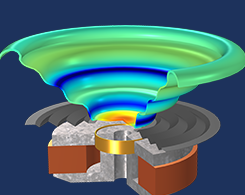
3 Examples of Optimizing Loudspeaker Components
Whether in a home theater system, gym, or massive concert venue, loudspeakers need to perform optimally. 1 way to do so is by performing a shape or topology optimization study of its components.
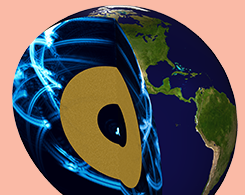
Building a Solid Foundation for Understanding Seismic Waves
In 1906, there was the California earthquake. In 1908, there was the Lawson Report. In 1910, Harry Fielding Reid proposed the elastic rebound theory. Continue on a deep dive into seismology…

6 Examples of Simulation-Driven Loudspeaker Development
From headphones for virtual reality gaming to powerful transducers for hearing aids, here are 6 examples of multiphysics simulation being used to develop new and improved loudspeaker products.
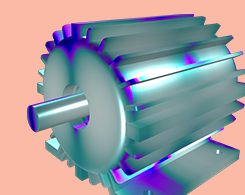
A Quiet Revolution: Analyzing Electric Motor Noise via Simulation
The sound we hear from electric-powered machines is a multiphysics phenomenon: A motor’s electromagnetic activity sends vibrations through both the machine and the surrounding air.
